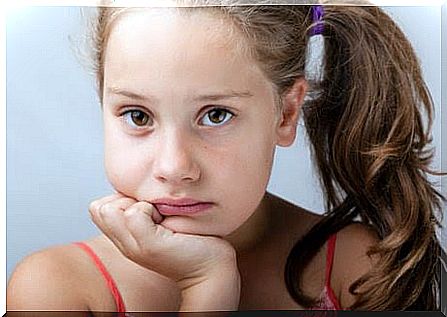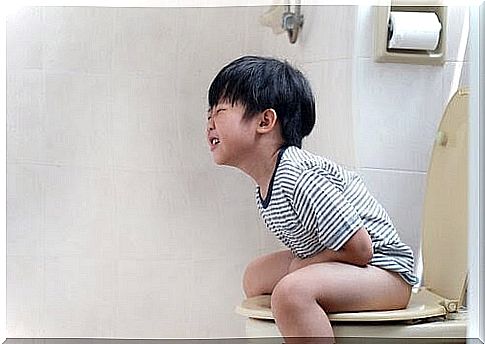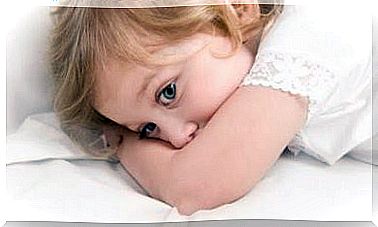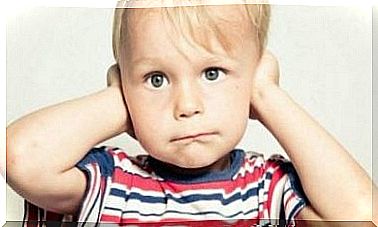Psychosomatic Disorders In Children: Causes, Symptoms And Treatment

You have probably heard of many different kinds of disorders in children. But did you know that there are certain physical disorders whose origins are actually psychological? These are called psychosomatic disorders, and today we will take a closer look at them.
Psychosomatic disorders occur in children when they have emotions that they can not express properly. When children are unable to control and manage their emotions, they can express their problems through physical symptoms.
This problem is not limited to children. Adults can also develop the same disorders and for exactly the same reasons. One can suffer from psychosomatic disorders at any time in life.
Paying attention to the symptoms and seeking professional care can help minimize both physical and psychological harm and suffering.
What are the causes of psychosomatic disorders in children?
In the case of children, the absence or inadequate processing of emotions can cause them to develop these disorders. When a problem affects children, they can be overwhelmed by their emotions.
But how can they express what they are going through in words? Many children do not know how to put into words what they feel. Others do not believe that there is anyone who listens to them when they do.
When this happens, the problem stays in the child’s psyche, and sooner or later it manifests itself in the small body through physical symptoms.
These disorders are real, as are their complications. The treatment is not as simple as administering drugs. One must also discover and treat the underlying psychological cause.

Symptoms of psychosomatic disorders in children
It is difficult to distinguish between disorders whose origin is physical and those that stem from a psychological cause. It is important to observe the child very carefully. If not, you can base the solution on an exclusively physical perspective while ignoring the psychological factors.
In children, psychosomatic symptoms tend to affect the following:
- Digestion: In the form of diarrhea, vomiting and stomach pain.
- Respiratory tract: Asthma or sudden attacks in which the baby’s breathing is interrupted or becomes faster.
- Skin: Psoriasis or eczema, which causes various skin diseases.
- Headache, abdominal pain or pain in other parts of the body.
As for possible psychological origins, there are many situations that can take on physical expression – any event that a child cannot understand or process that causes him or her to experience the above symptoms.
Parents must pay special attention to situations such as separations and divorces, birth of younger siblings, change of school, bullying, etc. If the child has very high demands on himself, parents must also pay attention to symptoms.
Evaluating how long your child has been experiencing their symptoms is very important. It is also important that you ask yourself if anything significant has happened that could have affected your child.

What can be done about psychosomatic disorders in children?
There are no miracle cures, but there are some recommendations that may be helpful:
- Teach your children to deal with their emotions. It is never wrong to help your children get to know their own feelings. Children need to learn to express these feelings in a healthy way.
- Ask your children about their day. As an adult, your children’s everyday activities and interactions may seem insignificant, but they are central to your children. Showing interest in your children’s day can give you clues as to what may be bothering them.
- Look for the source of the problem. Find out how long the discomfort has lasted, when the symptoms become more intense and when they get better. There may be times when your child’s symptoms disappear, for example when he or she feels far away from the source of the problem.
- Let your children express themselves. They may find it difficult to do so at first, but it is important that your children at least know that you are there to listen to them. Just be careful not to overwhelm your children with questions. It is better to offer to listen when they need it.
- Avoid getting angry or losing patience if your children are unable to put into words what is happening. If they can not express their feelings in words, you only make it worse if you get angry.
Finally, do not forget that you may need to seek help from a psychologist. Psychosomatic disorders usually occur when children’s emotional cups overflow.
Do not deny your child the help he or she needs, and do not rule out the need for medication if this is what the pediatrician prescribes.









